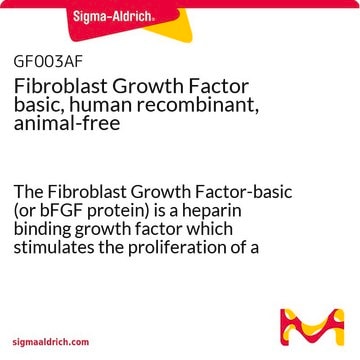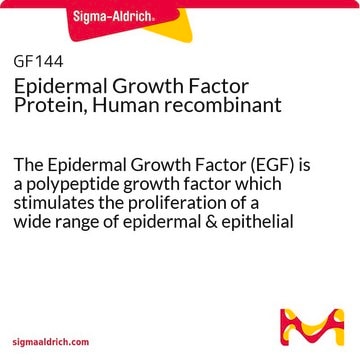MAB4120
Anti-MDR1 Antibody, clone JSB-1
culture supernatant, clone JSB-1, Chemicon®
Sinónimos:
P-glycoprotein, CD243, p170, Pgp
About This Item
Productos recomendados
biological source
mouse
Quality Level
antibody form
culture supernatant
antibody product type
primary antibodies
clone
JSB-1, monoclonal
species reactivity
human, hamster
manufacturer/tradename
Chemicon®
technique(s)
flow cytometry: suitable
immunocytochemistry: suitable
immunohistochemistry: suitable (paraffin)
western blot: suitable
isotype
IgG1
NCBI accession no.
UniProt accession no.
shipped in
wet ice
Gene Information
human ... ABCB1(5243)
Specificity
JSB-1 does not cross-react with MDR3 P-glycoprotein. JSB-1 has been shown to cross-react with Pyruvate Carboxylase (PC), an abundant Mr 130,000 mitochondrial enzyme, on both immunoblots and immunohistochemical tissue sections [Rao et al. (1995). J Histo. Cytochem. 43(12):1187-1192.] Unequivocal plasma membrane patterns of immunostaining represent true P-glycoprotein ex-presssion. Weak homogeneous, cytoplasmic, or granular patterns of reactivity may represent staining of the PC cross-reactive epitope rather than positive staining for P-glycoprotein.
Immunogen
Application
Immunohistochemistry on frozen and paraffin embedded tissue
sections: 1:20.
Immunocytochemistry: acetone or air-dried preparations react well.
Western blot
Note: For cellular detection, permeabilization is required.
Optimal working dilutions must be determined by end user.
Metabolism
Toxicology & Drug Resistance
Target description
Physical form
Storage and Stability
Analysis Note
MDR cells
Other Notes
Legal Information
Disclaimer
¿No encuentra el producto adecuado?
Pruebe nuestro Herramienta de selección de productos.
Optional
Storage Class
12 - Non Combustible Liquids
wgk_germany
WGK 1
flash_point_f
Not applicable
flash_point_c
Not applicable
Certificados de análisis (COA)
Busque Certificados de análisis (COA) introduciendo el número de lote del producto. Los números de lote se encuentran en la etiqueta del producto después de las palabras «Lot» o «Batch»
¿Ya tiene este producto?
Encuentre la documentación para los productos que ha comprado recientemente en la Biblioteca de documentos.
Nuestro equipo de científicos tiene experiencia en todas las áreas de investigación: Ciencias de la vida, Ciencia de los materiales, Síntesis química, Cromatografía, Analítica y muchas otras.
Póngase en contacto con el Servicio técnico







